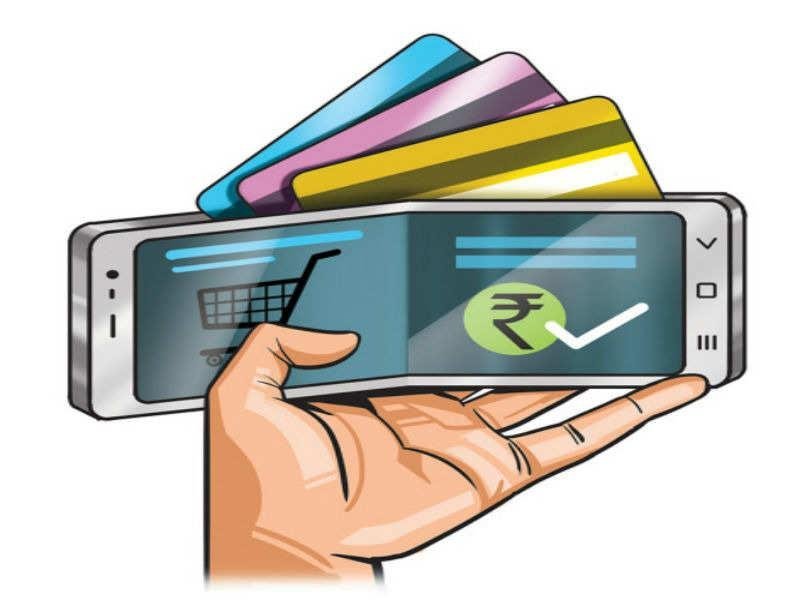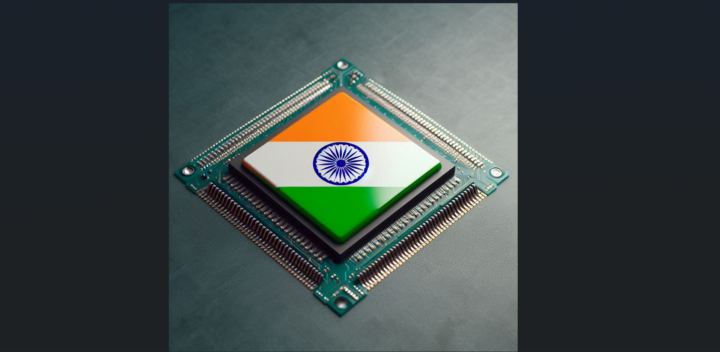Cash might soon become a relic in India, if non-cash wallets become any more popular. With the recent Reserve Bank of India (RBI) guidelines, they just might enter mainstream payment modes even more freely. The RBI has given the go ahead for the interoperability of Prepaid Payment Instruments (PPIs) and has issued norms for the same.
According to the RBI, PPIs can be in the form of smart cards, magnetic stripe cards, Internet accounts, wallets, mobile accounts, mobile wallets, paper vouchers, and any other device that allows access to a prepaid amount. At the same time though, the RBI, explains that the norms are non-obligatory for all except the participating PPIs issuers, who are required to follow them.
RBI Numbers Reveal India is Still a Long Way from Being Cashless
“The participating PPI issuers shall be guided by the technical specifications/standards/requirements for achieving interoperability through Unified Payments Interface (UPI) and card networks as per the requirements of National Payments Corporation of India (NPCI) and the respective card networks. NPCI and card networks shall facilitate participation by PPI issuers in UPI and card networks,” the notification says.
Only PPIs that are wholly KYC-compliant will have access to making payments to others PPIs. Compliant PPIs can become interoperable in the form of wallets through UPI, between wallets and bank accounts through UPI, and in the form of cards through card networks. This means that the UPI will be a focal point for wallet-to-wallet money transfers, and the National Payments Corporation of India (NPCI) will overlook the policies and guidelines to keep the process flowing.
In accordance with the guidelines, PPI issuers will be able to add PPI holders they choose by connecting the wallets of their customers to the handle assigned to them. However, PPI issuers, who play the role of Payments System Providers (PSPs), do not have the allowance to add customers of any bank or any other PPI issuer. The PPI holder will have the right to authenticate the transaction in accordance with his/her existing wallet credentials, and only after that, it will reach the UPI.
P2P Lending Platform i2iFunding Receives RBI Nod
Fintech experts are welcoming the RBI move as a progressive one, especially for non-bank players. The consumer also stands to benefit, since the guidelines lend credibility to wallets, rendering them akin to smaller bank accounts. The consumer can now choose to pay through wallets other than UPI and has the power to allow wallets to issue UPI handles. They can also let wallets issue cards without involving a bank. At the same time, the RBI also clarifies that non-bank PPI issuers must observe the guidelines of sponsor bank arrangements for the payments settlement process.
The RBI move comes in the wake of a recommendation made by a seven-member inter-ministerial committee led by department of economic affairs Secretary Subhash Chandra Garg, that the Payments Regulatory Board (PRB) be rendered an independent authority.
Non-cash payment modes are becoming more and more popular globally, as well as, in India. By 2020, 65% of payments in India are projected to be non-cash as opposed to 45% in China. According to a Capgemini payments report, India will bypass Australia in non-cash payments by the end of this year and Canada by 2019.












